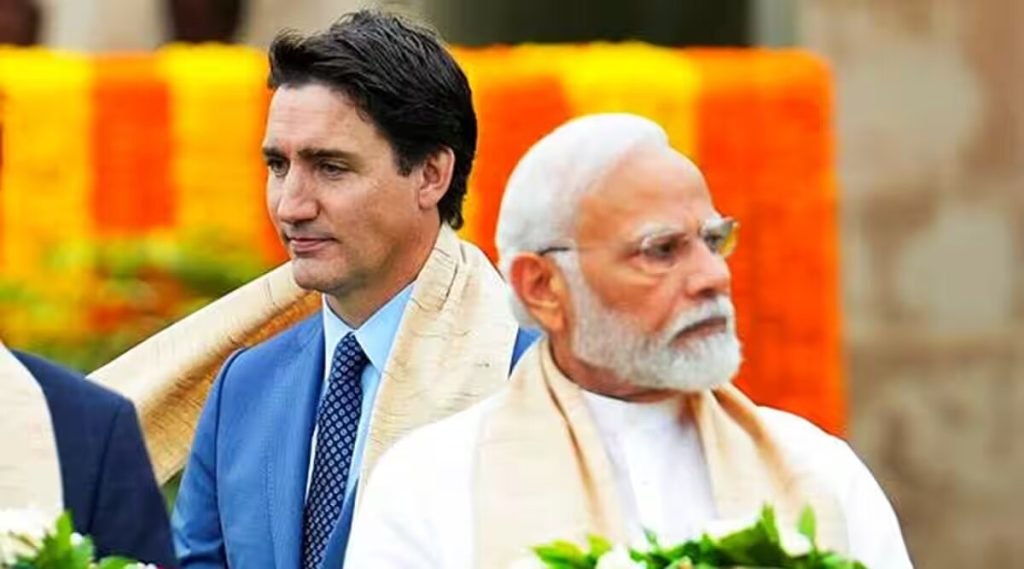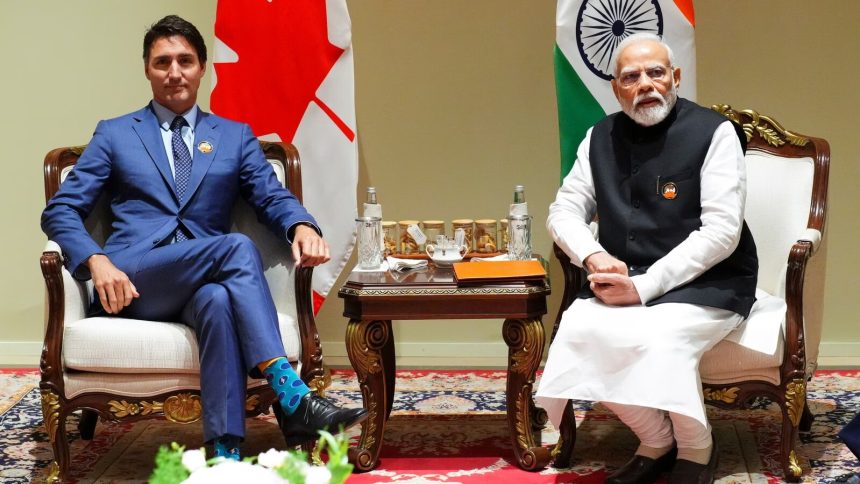In this evolving account, we find India and Canada two nations entangled in a high-profile dispute. However, there’s a flicker of hope as India, in an official statement by the Indian Embassy in Ottawa, announces the reinstatement of visa services for Canadian citizens. This significant step is dignified to de-escalate tensions and breathe new life into diplomatic channels.

Let’s dive into the core aspects of this development:
Visa Services Back in Action
Effective immediately, India will be welcoming Canadian citizens, offering a range of visa services. Whether you’re planning a visit, seeking business opportunities, medical treatments, or attending conferences, India now facilitates your entry, signifying a mutual commitment to rebuilding diplomatic bridges.
Upholding Emergency Services
While visa services get a green light, emergency services remain a priority. The Indian High Commission and consulates in Toronto and Vancouver will continue to handle emergency cases, ensuring prompt assistance in critical situations.
Pending Visa Categories
Notably several visa categories, including those for tourists, students, employees and filmmakers are yet to be reinitiated. The decision to reopen these categories will be driven by evolving circumstances, guaranteeing a well-thought-out approach.
Canada’s Diplomatic Recall
India’s decision to resume visa services follows a recent move by Canada to recall 41 of its 62 diplomats stationed in India. India’s move to strip diplomatic immunity from Canadian diplomats was triggered by India’s warning. An action viewed by Canadian officials as a breach of the Geneva Convention.
It’s worth highlighting that the Indian government has firmly denied any violation of international law in the diplomatic recall request. The objective was to maintain a balanced presence of diplomats in both countries, ensuring equitable representation.
Roots of Visa Service Suspension
Let’s delve into the origins of this diplomatic dispute to gain a better understanding. The tensions between India and Canada trace back to a specific incident involving the accusation made by Canadian Prime Minister Justin Trudeau. He publicly accused Indian intelligence of involvement in the murder of a Canadian citizen named Hardeep Singh Nijjar. India intensely disproved these allegations, deeming them unfounded. Notably, Nijjar was a vocal protagonist of establishing a separate Sikh state, distinct from India and he also faced charges related to terrorism and conspiracy to commit murder.
In response to Canada’s request for collaboration in investigating Nijjar’s death, India decided to expel an Indian diplomat. In retaliation, New Delhi implemented several countermeasures. These measures included the suspension of visa services for Canadians and the issuance of advisories to Indian nationals. Cautioning them against traveling to certain regions of Canada due to an escalation in anti-Indian activities.
India’s decision to resume visa services for Canadians paints a picture of diplomatic reconciliation and cooperation. It reflects the determination of both nations to address their differences through dialogue, uphold security concerns, and abide by international diplomatic norms, fostering a brighter chapter in their bilateral relations.


